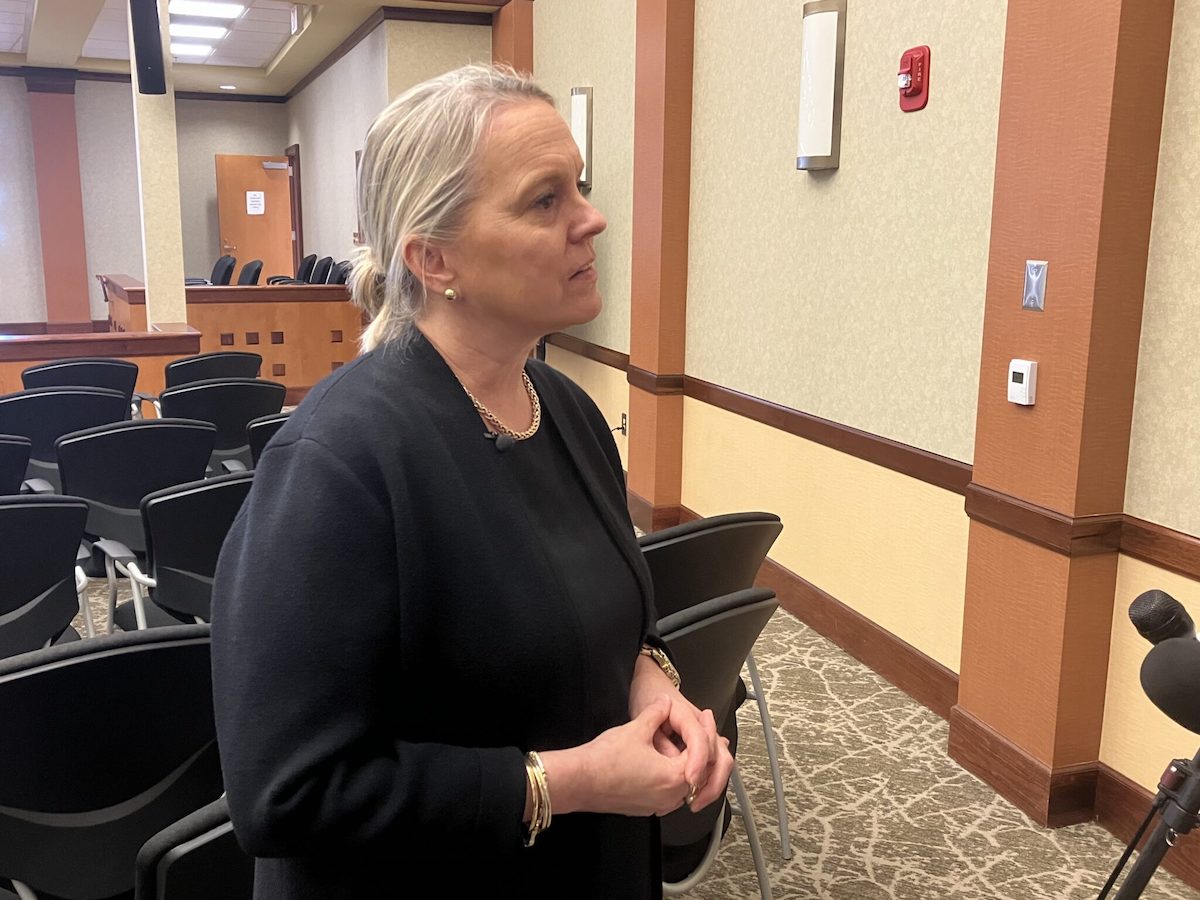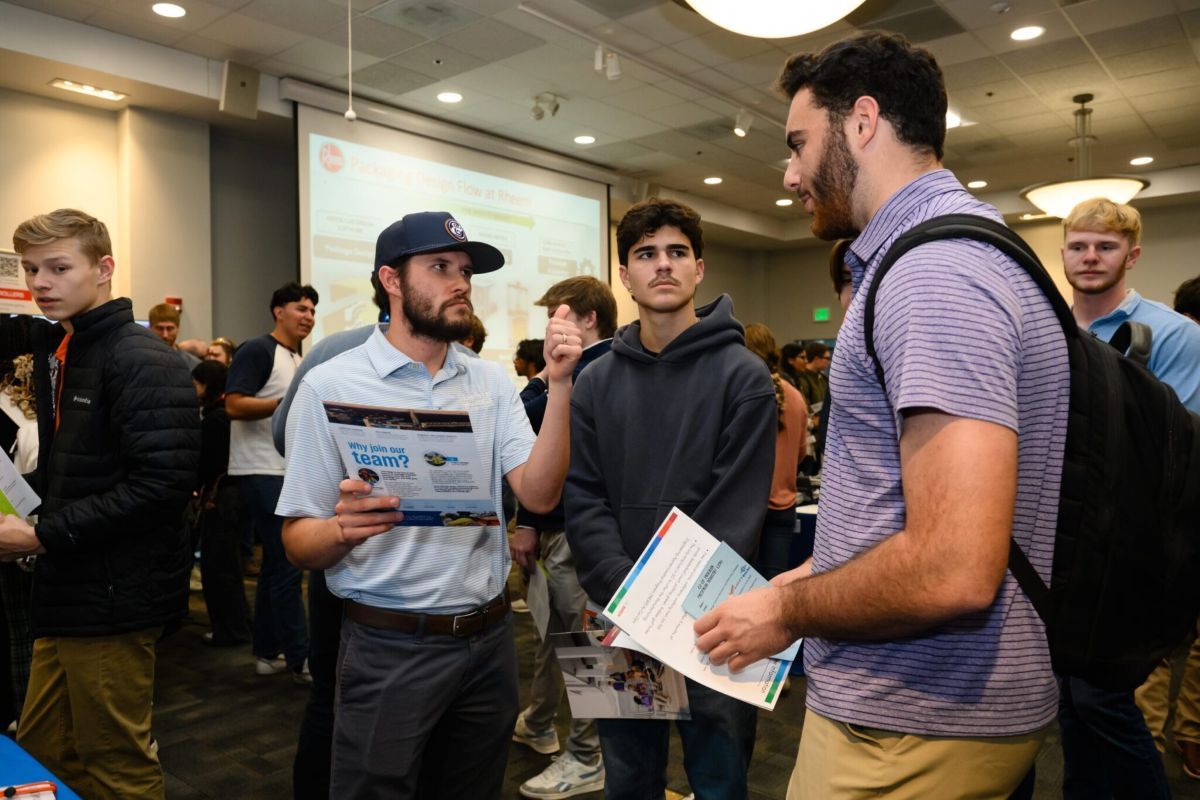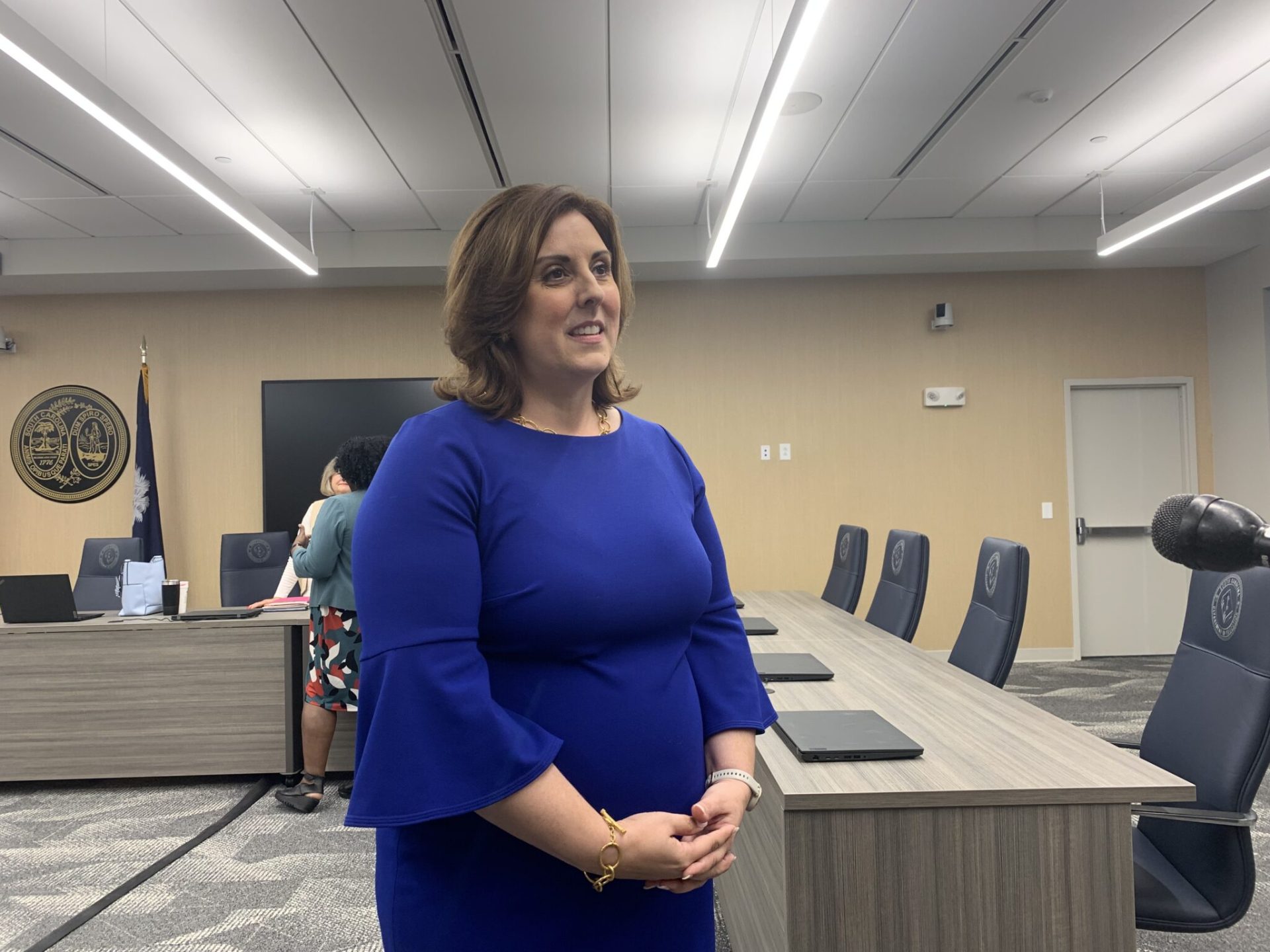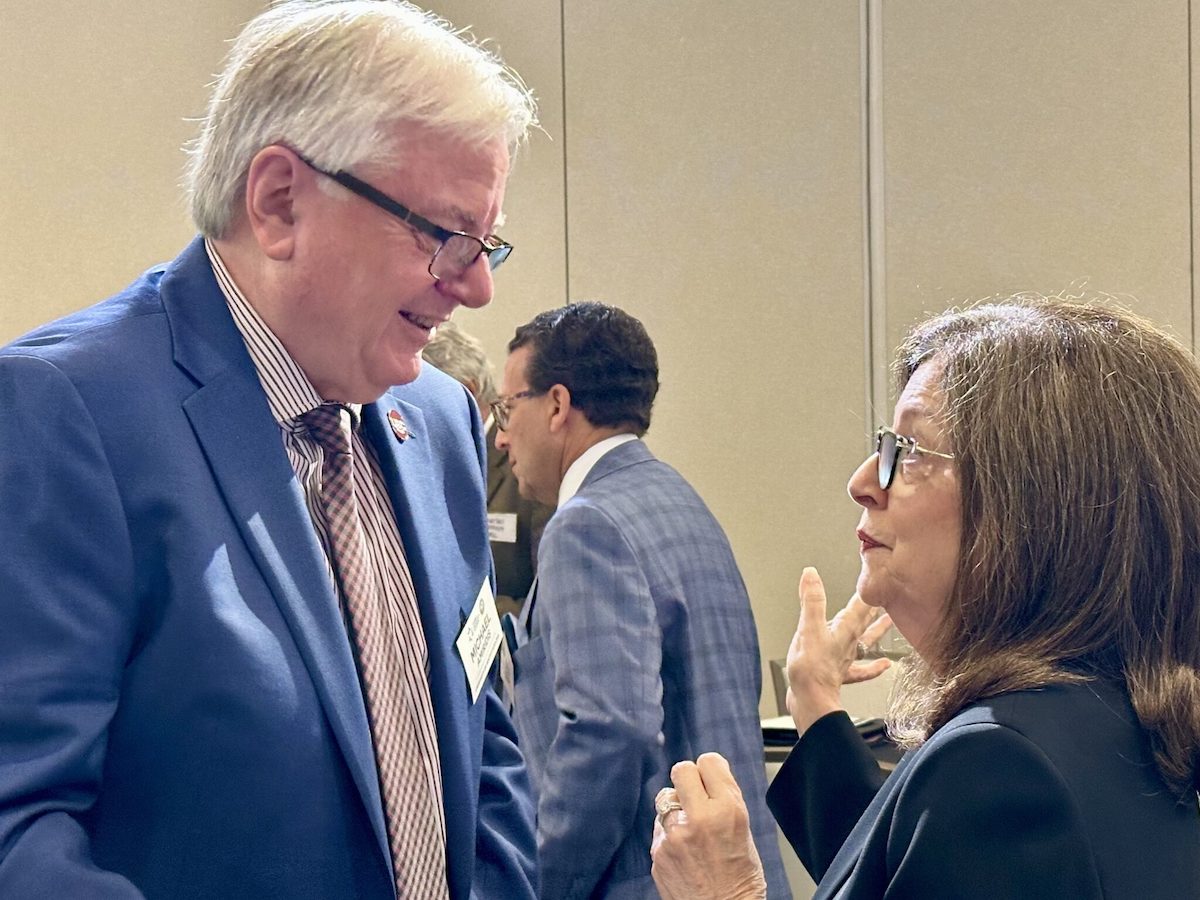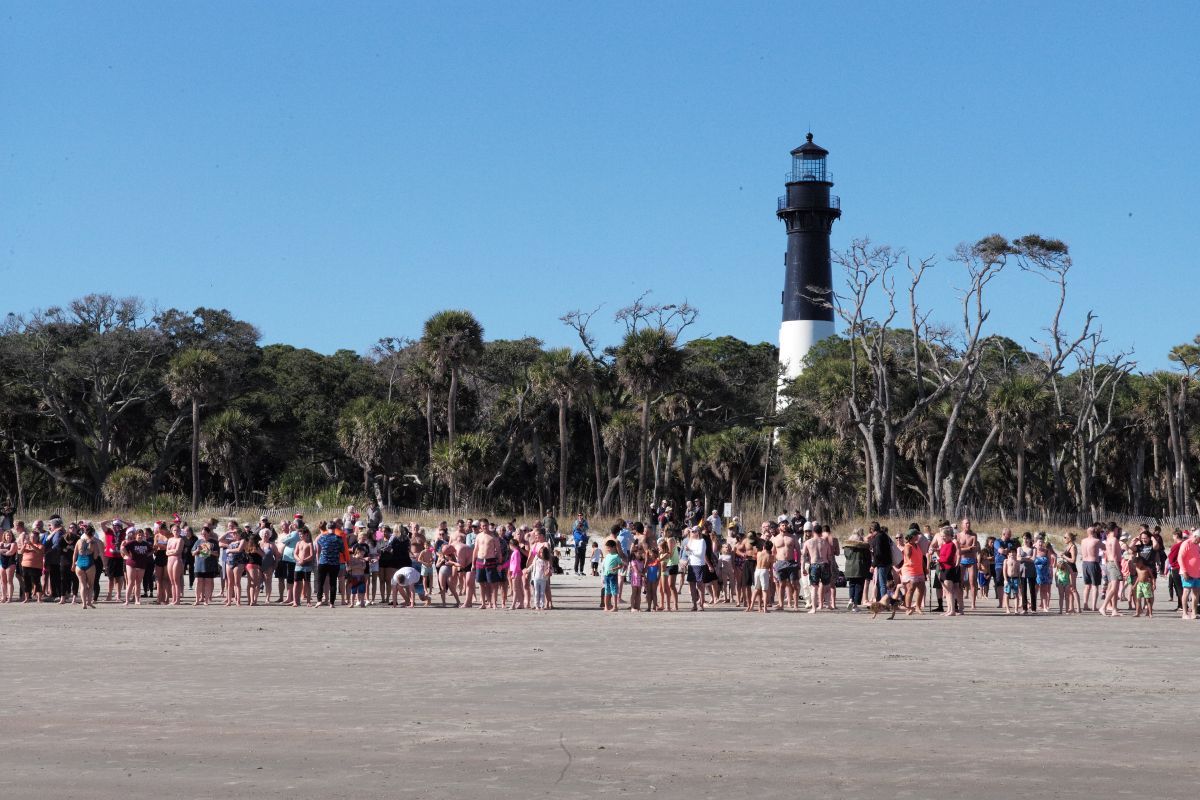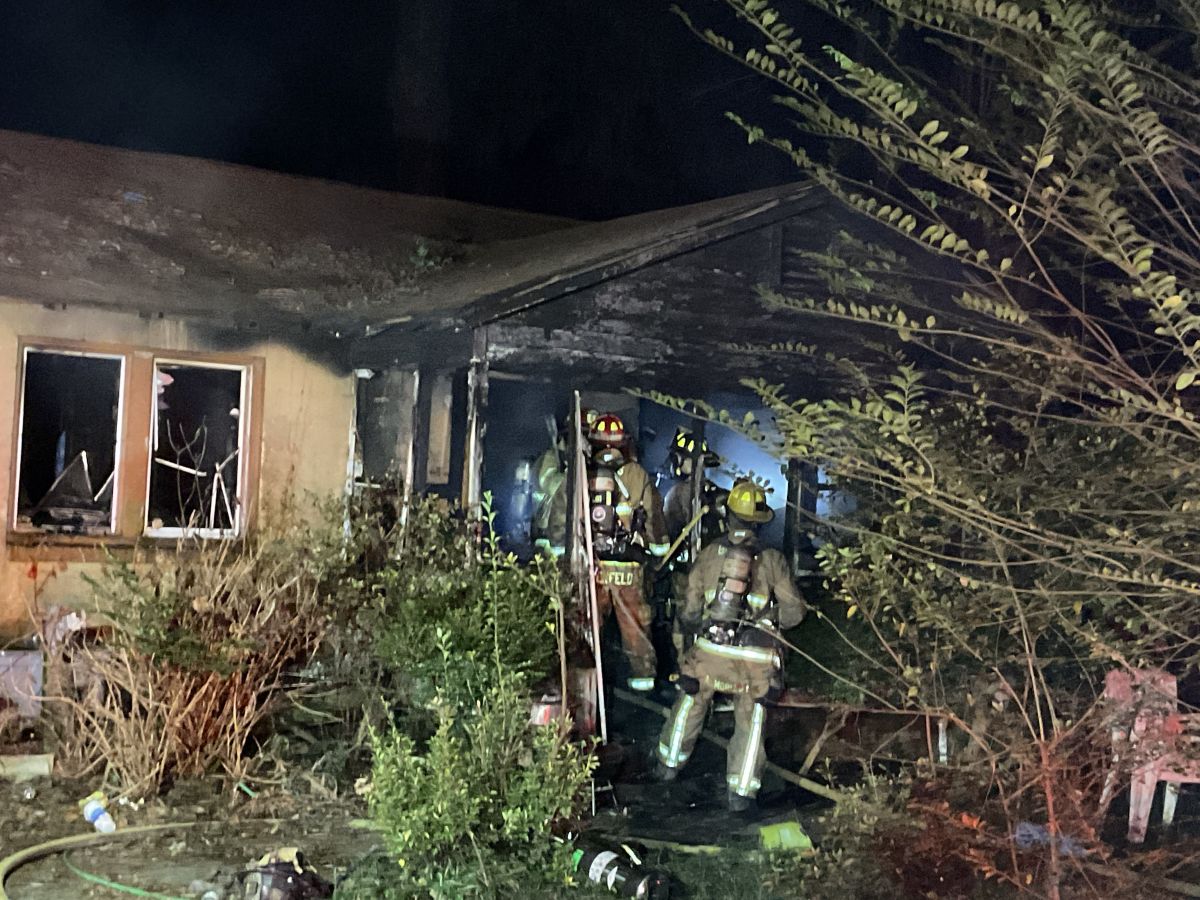Initative supports people looking for relief under 2022 federal law
By Abraham Kenmore
SCDailyGazette.com
WEST COLUMBIA — South Carolina is launching a pilot program to help human trafficking survivors clear their credit of the bad debt heaped on by their abusers.
Set to start Sept. 30, the program will make the Palmetto State the second in the nation to offer support for those looking to use the 2022 federal Debt Bondage Repair Act, according to members of the state Human Trafficking Task Force at a quarterly meeting Friday.
The services apply to a narrow set of circumstances, such as when traffickers used their victims’ Social Security number to open credit cards or take out a car loan, said Kathryn Moorehead, director of the task force.
The federal law allows survivors to get those debts blocked on credit reports. But the process can be cumbersome. That’s where South Carolina intends to assist, by connecting survivors to free legal help.
“If a trafficker has used their credit, abused their credit, and now they have low credit scores, it will often times be a barrier to securing housing, to securing transportation and often to finding a job,” Moorehead said.
A successful application can block a broad range of information from showing up on credit reports including defaulted loans, evictions, unpaid bills and even criminal convictions that resulted from trafficking.
The details for the pilot program are still in the works, said James Massie, a Lowcountry coordinator for the task force. South Carolina officials are communicating with North Carolina, which was the first state to launch such an initiative.
He said he was not sure why other states have not launched similar programs.
“We thought it was a perfect opportunity,” Massie said.
North Carolina launched its program in January, according to a spokesperson for the N.C. Department of Justice. It has certified about 35 organizations to provide survivors with documentation they can use in their applications. The department does not yet have a total number of people helped under the initiative.
Survivors need to submit information to each credit reporting agency, including proof of identity, proof they were trafficked and information on the bad credit. Under the law, these agencies, which compile credit reports, must remove any information about these debts if provided with the appropriate proof.
Massie said the pilot program in South Carolina will include pro-bono attorneys from the law firm Nelson Mullins and South Carolina Victim Assistance Network to help survivors go through the process.
Only people who were trafficked in South Carolina will be able to use the program. The Victim Assistance Network will take referrals to the program from nonprofits through their intake lines: 803-509-6552 for English and 864-312-6456 for Spanish.
The program is just the latest effort in South Carolina to help survivors clear incidents related to being trafficked.
Earlier this year, the General Assembly passed a law preventing trafficking victims under 18 from being prosecuted for misdemeanor or minor felony offenses they were forced to do to survive, such as prostitution or drug possession. It also allows trafficking victims of all ages who were convicted of prostitution or other crimes they were coerced to do to have those charges expunged.
Last year, the State Law Enforcement Division opened 357 cases involving human trafficking, with nearly 90% of them involved forced prostitution, according to the 2023 Human Trafficking Annual Report. SLED investigators suspect nearly 500 people in South Carolina were being trafficked last year. Of those, 460 — more than 90% — were children and teenagers younger than 18, according to the report.
As he publicly released the report in January, Attorney General Alan Wilson asked legislators for $10 million to open more shelters for children and teens freed from trafficking. The Legislature instead put $6.6 million in the state budget toward the effort.
The designation is meant to open four new residential programs for children. One will be specifically for boys, a first in South Carolina. Currently the state has just one program for trafficked girls. The task force will start seeking applications for the grants in January, Moorehead said.
Abraham Kenmore is a reporter covering elections, health care and more. He joins the S.C. Daily Gazette from The Augusta Chronicle, where he reported on Georgia legislators, military and housing issues. S.C. Daily Gazette is part of States Newsroom, the nation’s largest state-focused nonprofit news organization.

